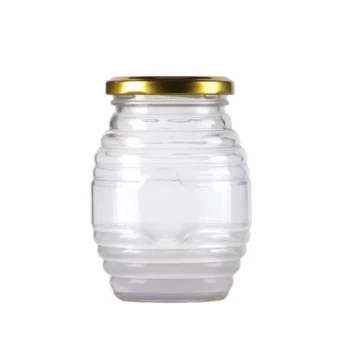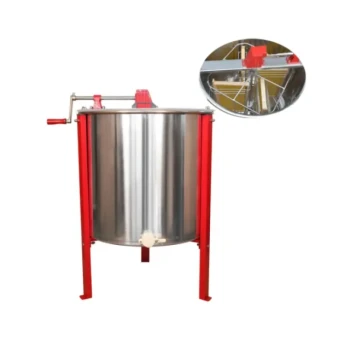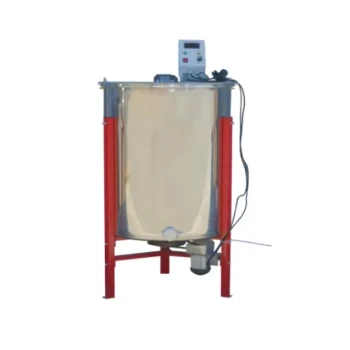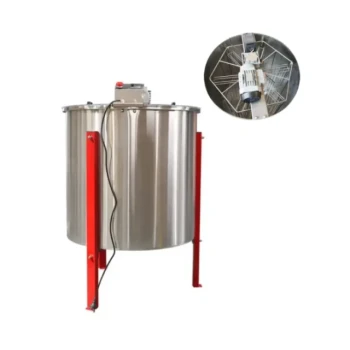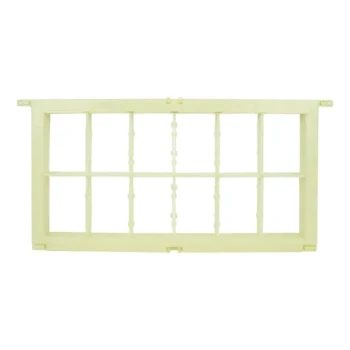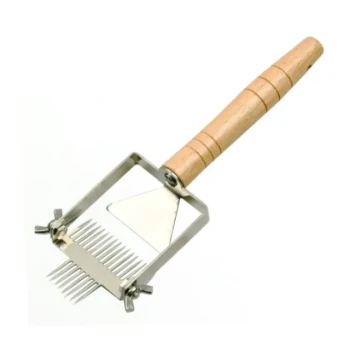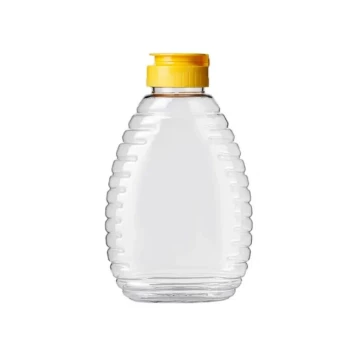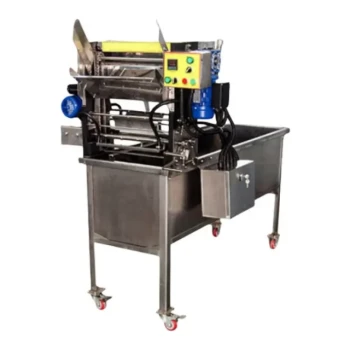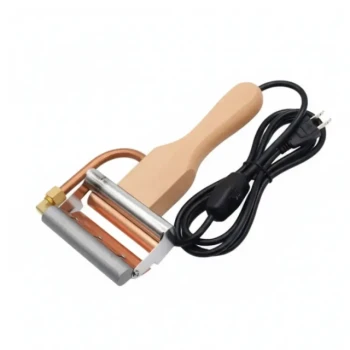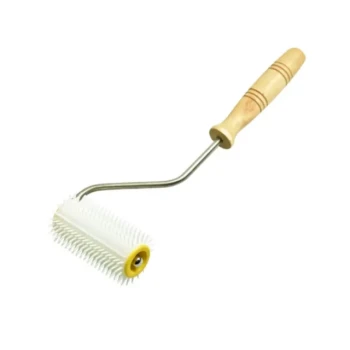For those seeking maximum health benefits, unfiltered honey is the superior choice. The filtering process, designed to create a clearer and more uniform product, removes many of the unique, beneficial compounds like pollen, propolis, and natural enzymes that are present in honey straight from the hive.
The choice between filtered and unfiltered honey is a trade-off between aesthetic preference and nutritional completeness. Filtering creates a visually clear, smooth liquid but strips away the microscopic elements that contribute to honey's potential health benefits.
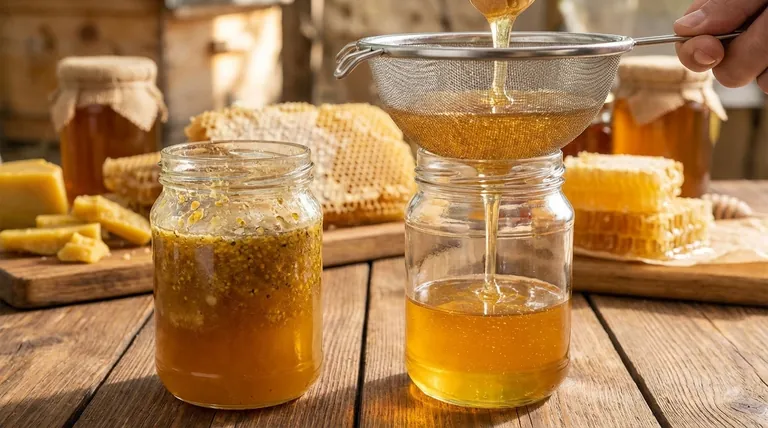
What Does "Filtered" vs. "Unfiltered" Really Mean?
Understanding the distinction comes down to what is removed from the honey after it is extracted from the comb. This single difference has significant implications for the final product.
The Composition of Unfiltered Honey
Unfiltered honey is essentially honey in its most natural state. It is typically only lightly strained to remove large debris like beeswax or bee parts, leaving the beneficial microscopic elements intact.
These valuable components include bee pollen, which contains proteins and may help with local allergies, and propolis, a resinous mixture that bees produce, known for its immune-supporting properties.
It also preserves natural enzymes and antioxidants, which are central to honey's reputation as a functional food.
The Process of Commercial Filtering
Filtered honey undergoes a commercial process where it is forced through a fine filter. This is often done to improve the product's appearance and prevent crystallization, giving it a longer shelf life as a smooth liquid.
This process removes nearly all fine particles, including the beneficial pollen, propolis, and other micronutrients mentioned in the unfiltered variety.
The Core Differences: Health vs. Aesthetics
Your reason for using honey should guide your decision. Are you using it as a health supplement or simply as a sweetener?
The Health Argument for Unfiltered Honey
The primary reason to choose unfiltered honey is to retain its complete nutritional profile. The presence of pollen, propolis, and natural enzymes works together to support your body.
These elements are credited with providing immune system support and potentially helping to reduce the severity of seasonal allergies and congestion.
The Practical Case for Filtered Honey
Filtered honey is not "bad." It is still a natural sweetener and a better alternative to refined sugar.
Its key advantages are aesthetic and practical. It remains liquid for much longer and has the crystal-clear appearance many consumers have come to expect. For applications like baking, where high heat will destroy delicate enzymes anyway, filtered honey is a perfectly reasonable choice.
Understanding the Trade-offs and Common Terms
The language used to describe honey can be confusing. Clarifying these terms helps you know exactly what you are buying.
"Strained" is Not the Same as "Filtered"
Nearly all honey you buy will be strained. This is a necessary step to remove large, unwanted debris. Filtering is a much more intensive process that removes the microscopic, beneficial particles. A local beekeeper will almost always sell strained, unfiltered honey.
"Raw" and "Unfiltered" Often Go Together
The term raw honey means the honey has not been pasteurized (heated to high temperatures). Pasteurization also destroys beneficial enzymes and antioxidants.
Most unfiltered honey is also raw, as the goal is to keep the product as natural as possible. For maximum benefits, look for honey labeled both "raw" and "unfiltered."
Making the Right Choice for Your Goal
Ultimately, the best honey is the one that aligns with your specific needs and priorities.
- If your primary focus is on health benefits and immune support: Always choose raw, unfiltered honey to ensure you receive the full spectrum of pollen, propolis, and natural enzymes.
- If your primary focus is on baking or cooking: Filtered honey is a cost-effective and practical option, as the high heat of cooking negates many of the benefits of raw honey.
- If your primary focus is on a long shelf life and clear appearance: Filtered honey will meet your needs, as it is processed specifically to resist crystallization and maintain a smooth texture.
Choosing your honey is about deciding whether you value it as a complete, functional food or as a simple, stable sweetener.
Summary Table:
| Aspect | Unfiltered Honey | Filtered Honey |
|---|---|---|
| Key Components | Retains pollen, propolis, enzymes, antioxidants | Removes most pollen, propolis, and micronutrients |
| Primary Benefit | Maximum health support (immune, allergies) | Clear appearance, long shelf life, resists crystallization |
| Best For | Health supplements, functional food | Baking, cooking, general sweetening |
| Processing | Lightly strained only; often raw (unpasteurized) | Heavily filtered and often pasteurized |
Equip Your Apiary with Premium Supplies from HONESTBEE
For commercial apiaries and beekeeping equipment distributors, the quality of your honey starts with the quality of your equipment. HONESTBEE supplies the durable, reliable beekeeping supplies you need to produce superior raw, unfiltered honey efficiently and at scale.
Our wholesale-focused operations ensure you get the best value on essential equipment, helping you meet the growing demand for health-focused honey products.
Contact HONESTBEE today to discuss your wholesale supply needs and elevate your honey production.
Visual Guide
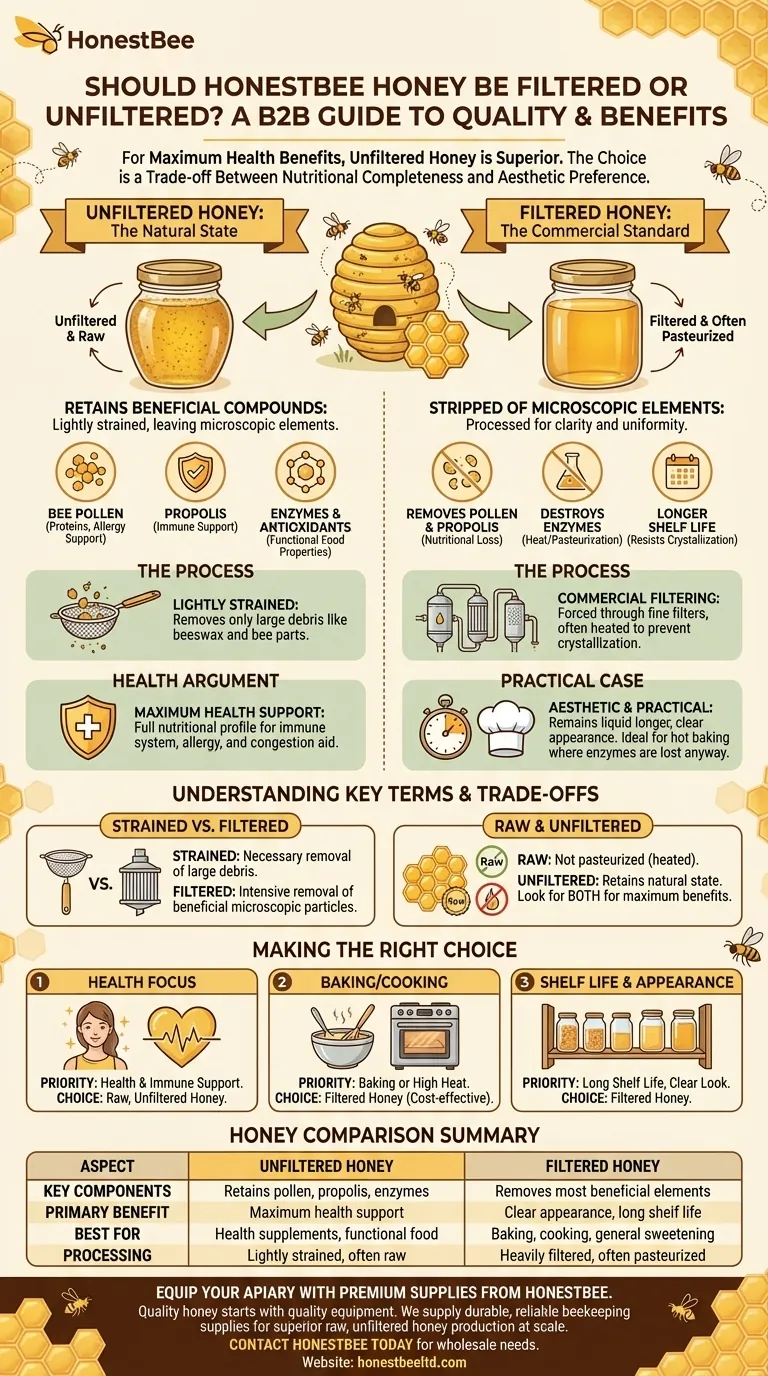
Related Products
- Stainless Steel Triangle Support Honey Strainer and Filters
- Honey Concentrating and Filtering Dehumidifier Machine 2T Capacity for Honey
- Electric 8 Frame Honey Spinner Extractor Equipment for Beekeeping
- Stainless Steel Manual 8 Frame Radial Honey Extractor Machine for Beehives
- Classic Glass Honey Jar with Metal Lug Cap for Beehive Storage
People Also Ask
- Why is the use of micron-level filters necessary during honeybee pathogen spore purification? Ensure Data Accuracy
- How do settling tanks and filtration sieves facilitate the separation of honey and beeswax? Optimize Purity and Clarity
- What is the appearance of filtered honey? A Guide to Clarity, Processing, and Quality
- What is the role of muslin in Nosema spore extraction? Master Precise Filtration for Beekeeping Science
- What are the benefits of using honey filters? Achieve Purity, Efficiency, and Market Appeal
- Should I filter my honey? A Guide to Clarity, Crystallization & Quality
- What are a honey pot and strainer used for? Master Your Honey Harvesting and Filtration Process
- What are the key functions of specialized linen filter bags? Optimize Your Beeswax Purity and Pressing Yield




